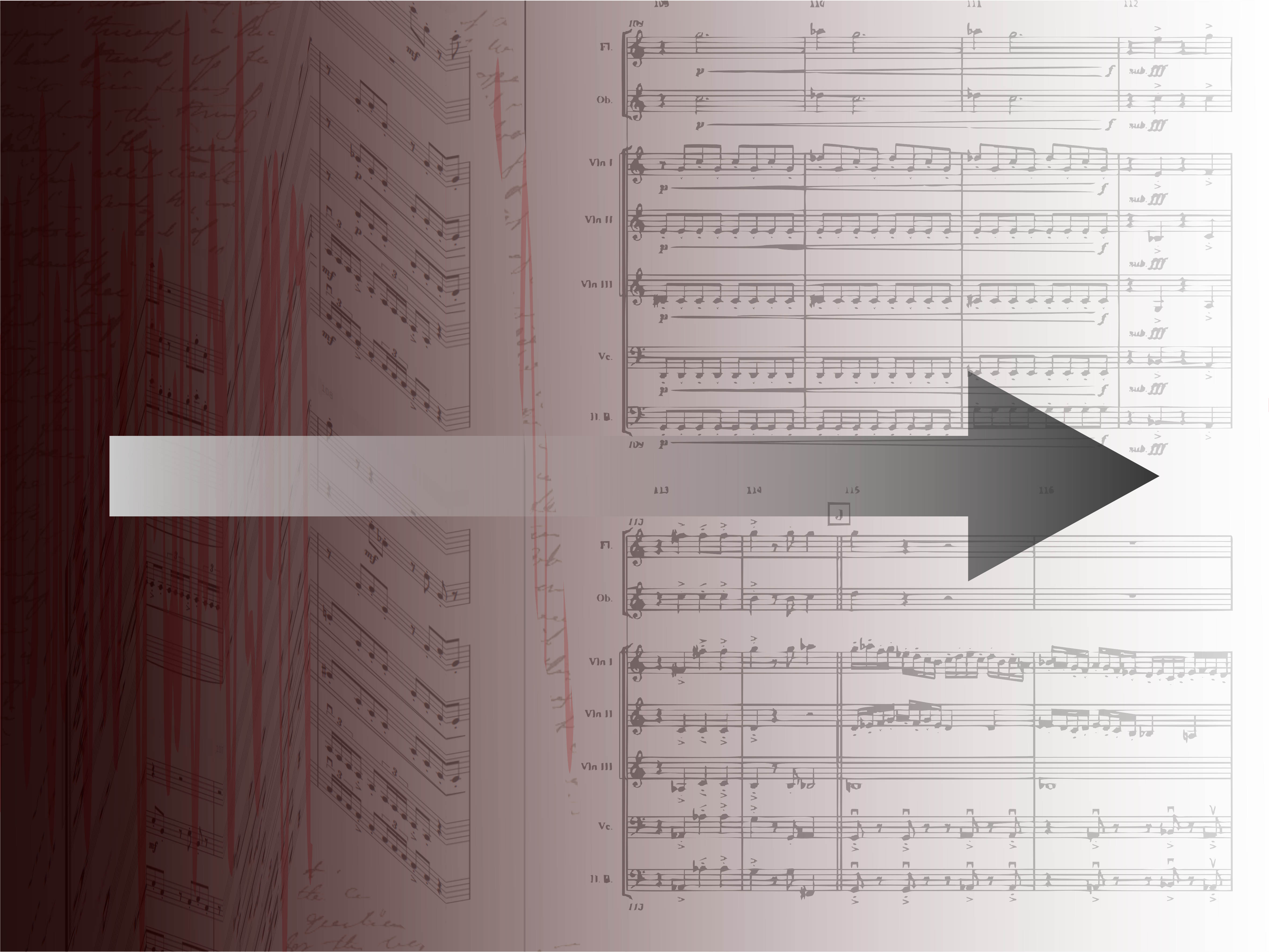I’ve recently been in the process of finishing up some composition projects I’ve had for a while. That means adding the finishing touches, checking every part over and over and over again, and sending it to the client. With this process coming up multiple times recently, it made me reflect on the process and the ‘end’ of a project timeline.
In truth, what I just told you isn’t really the end of the project. It includes feedback, rounds of revisions, adapting to specific cases, etcetera. And, of course, the famous quote: a creative work is never finished – it is only abandoned. So, let me tell you about the art of rough drafts.
My most recent project included writing for my local youth orchestra – an orchestra I’m deeply familiar with. I’ve been in the orchestra for over ten years, and I’m still with them, rehearsing every Friday. I’ve written for this orchestra two times before. Yet, I’m still not as familiar with the orchestra as the conductor. I’m reasonably familiar with the weak and strong points in the different sections, but when I sat down with my conductor to discuss the piece, she still pointed out many passages that may be too difficult for some players, or that we won’t be able to fully develop in time.
It’s okay to not nail that the first time; that’s what revisions are for. Now that I’ve gotten some feedback to work with, I know what to change. I know now that in some key moments, I need to simplify some harmonies. Sometimes I need to move some melodies around, to other parts or other instruments. And – this depends on what kind of project you’re working on – for this piece, I’m involved in rehearsals as well. That essentially means there is a constant revision process of small changes, as both the arrangement and the orchestra adapt to each other.
Rough drafts are amazing. It allows you to show your progress. It allows you to send your provisional work to someone else and be able to hear what they think. If you’re anything like me, sitting on your own work – keeping to yourself, constantly worrying about your output and making the creation process an individual exercise – only results in a creative block and the inability to progress.
Both you and your work doesn’t have to be perfect. I would argue that it is not only okay, but actually essential to make mistakes and not know everything. Even if your first draft would not be ‘good enough’ – whatever that may mean – a form of review process, either by someone else or by yourself, will guide you towards a better product.
I mentioned a review process ‘by yourself’. Because even if you don’t have someone else to give you feedback on your work, a workflow using drafts is useful. Just having that explicit distinction between your work-in-progress and a separate ‘finished’ review draft will give you a different outlook on your work. You may be able to catch things you didn’t see before, and think of new things you hadn’t considered before.
Just know you don’t have to finish things the first time round. You can work on things. Let things simmer. And suddenly, that work that you have been struggling to finish doesn’t look quite as daunting.

